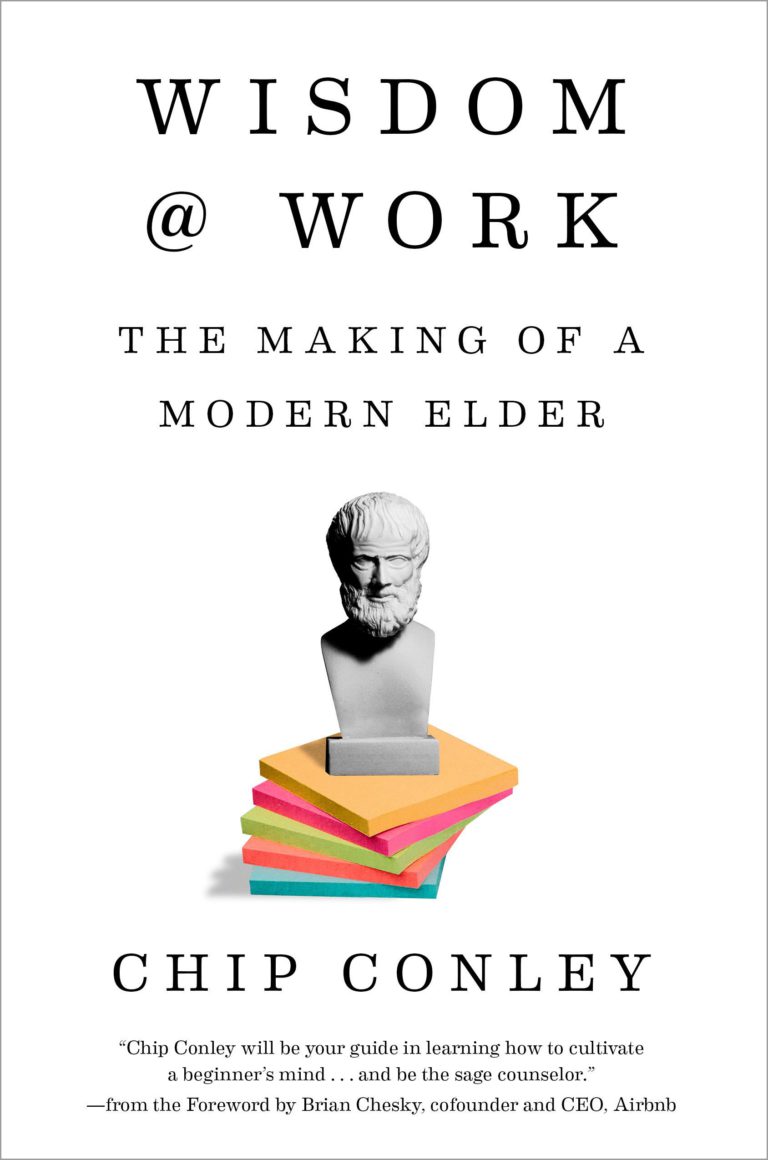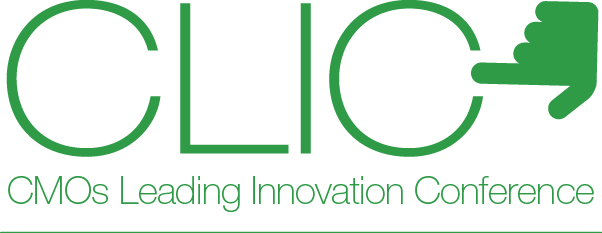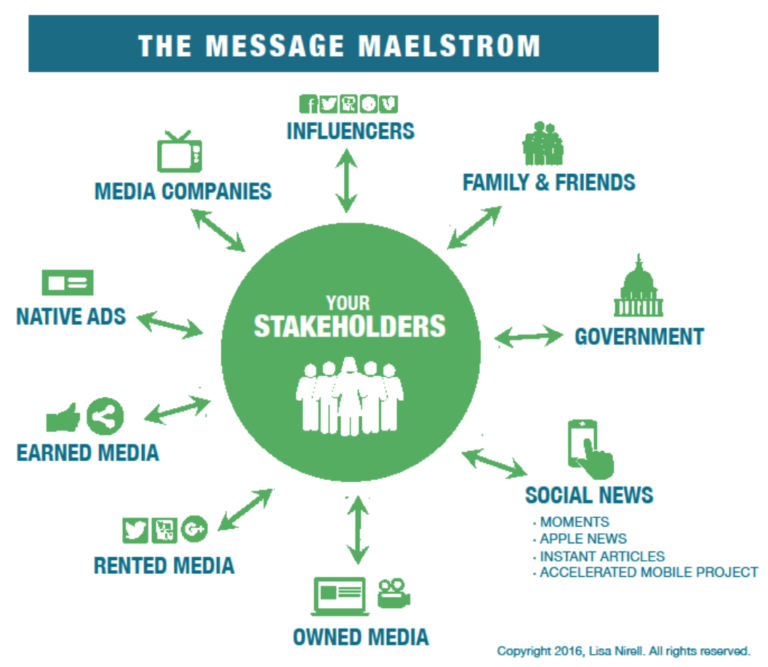I’m pleased to invite you to our private CMO breakfast on September 25 to help you accelerate your career. This is an exclusive gathering in Bethesda, Maryland, hosted by Walker & Dunlop.
You’ll meet Chip Conley, my good friend and fellow author. He is joining us from San Francisco, CA. Chip will share his career and life lessons from his Airbnb experiences. We will also celebrate the launch of his newest book, Wisdom@Work….









